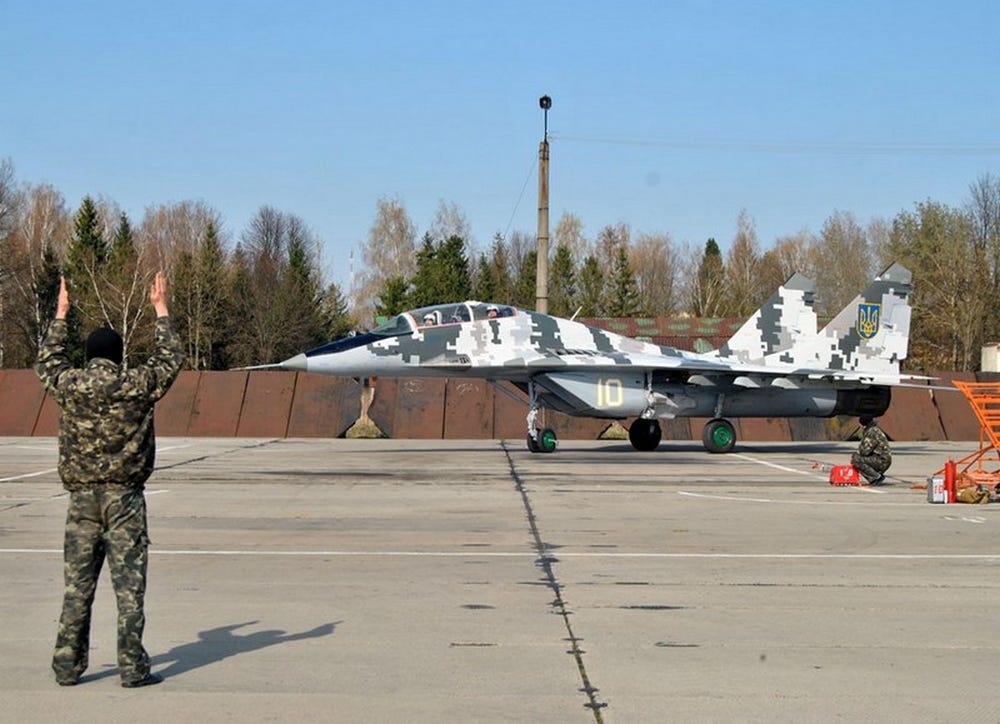Apr 09, 2014
S.K. Sinha
Manekshaw bequeathed to his nation an unprecedented victory in which 92,000 enemy soldiers surrendered and a new nation was born. Bharat Ratna was instituted as ‘the highest award for national service’. Does he not more than richly meet that requirement?

April 3, 2014, was the 100th birth anniversary of Field Marshal S.H.F.J. Manekshaw. A life-size statue of the Field Marshal was unveiled at Manekshaw Centre, Delhi Cantt.
An excellent coffee table book on him written by Brigadier Penthaki and his wife Zenoba, was also released. Army Chief General Bikram Singh unveiled the statue and released the book in the presence of five former Army Chiefs and a very large number of serving and retired Army officers.
Neither the defence minister nor the defence secretary attended this function. The government and the defence minister had ignored the military funeral of India’s first Field Marshal in 2008. The funeral of Britain’s first Field Marshal, the Duke of Wellington, was attended by all the heads of state and heads of government in Europe.
S.K. Sinha
Manekshaw bequeathed to his nation an unprecedented victory in which 92,000 enemy soldiers surrendered and a new nation was born. Bharat Ratna was instituted as ‘the highest award for national service’. Does he not more than richly meet that requirement?
April 3, 2014, was the 100th birth anniversary of Field Marshal S.H.F.J. Manekshaw. A life-size statue of the Field Marshal was unveiled at Manekshaw Centre, Delhi Cantt.
An excellent coffee table book on him written by Brigadier Penthaki and his wife Zenoba, was also released. Army Chief General Bikram Singh unveiled the statue and released the book in the presence of five former Army Chiefs and a very large number of serving and retired Army officers.
Neither the defence minister nor the defence secretary attended this function. The government and the defence minister had ignored the military funeral of India’s first Field Marshal in 2008. The funeral of Britain’s first Field Marshal, the Duke of Wellington, was attended by all the heads of state and heads of government in Europe.
Like Krishna Menon’s tenure, A.K. Antony’s tenure has been bad for military preparedness. Civil-military relations in the ministry have nosedived. Sidelining the military from the process of decision making and denying its legitimate due started in 1947. This has been because of the politicians’ fear of the man on horseback and the civil bureaucracy’s stranglehold over our defence mechanism — exercising authority without accountability. Sidelining military from the process of decision making was one of the reasons for the 1962 disaster. Yet this continues unabated. This is unlike in any democracy. From time to time cosmetic changes have been made but they have meant little. In 1955, the Services Chiefs were designated Chiefs of Staff as in other democracies, but they continued to function as Service Chiefs of attached offices subordinate to the ministry. After the Kargil War, a Kargil Review Committee was constituted. Its Defence Working Group under Arun Singh, a former minister of state, made far-reaching recommendations to reform the higher defence organisation. The Group of Ministers under L.K. Advani in the National Democratic Alliance government approved the recommendations for a Chief of Defence Staff and integration of the ministry of defence. Soon the United Progressive Alliance government came to power. These recommendations were subverted. A headless integrated Defence Staff was established with no Chief of Defence Staff and a bogus integrated ministry without integration on issues of consequence. Naresh Chandra Committee under a former defence secretary during UPA-II regime skirted the issue of Chief of Defence Staff and recommended a toothless chairman Chiefs of Staff. Thus the stranglehold of bureaucracy continues with the defence secretary functioning as a virtual Chief of Defence Staff. On the centenary of India’s greatest soldier not even a postage stamp was issued to mark the occasion.







